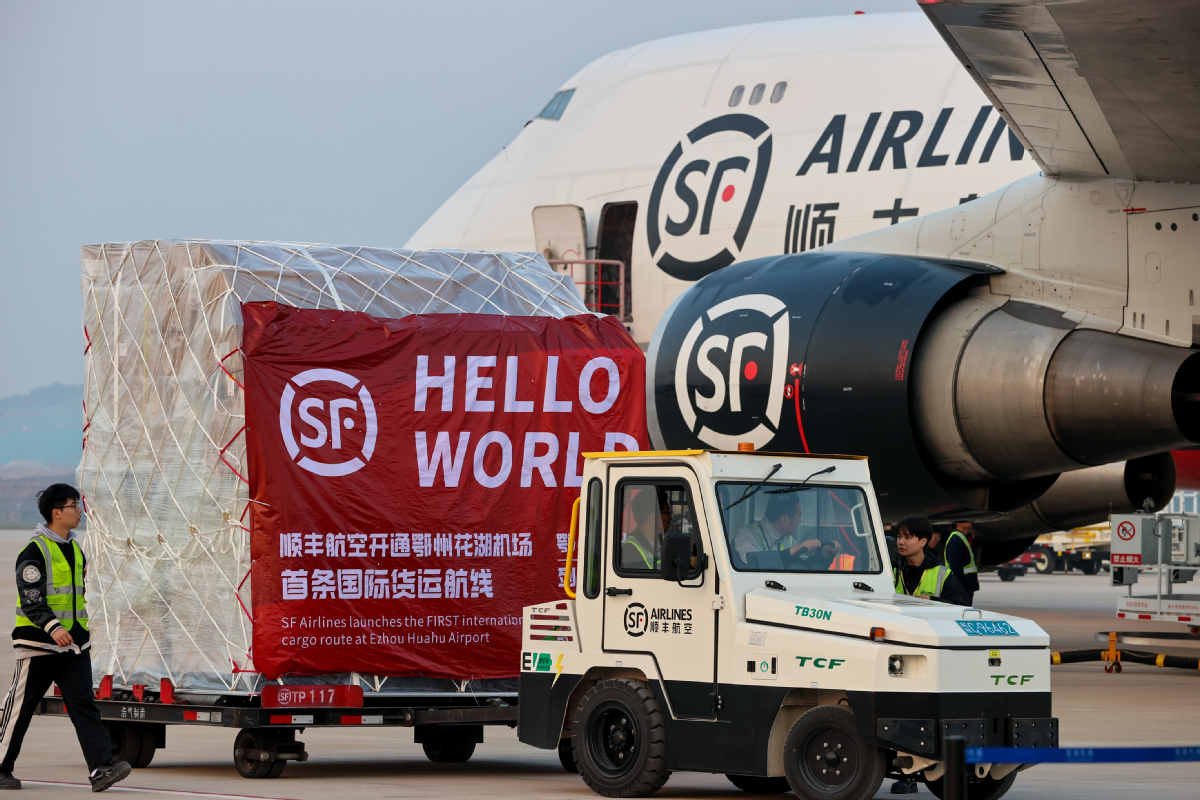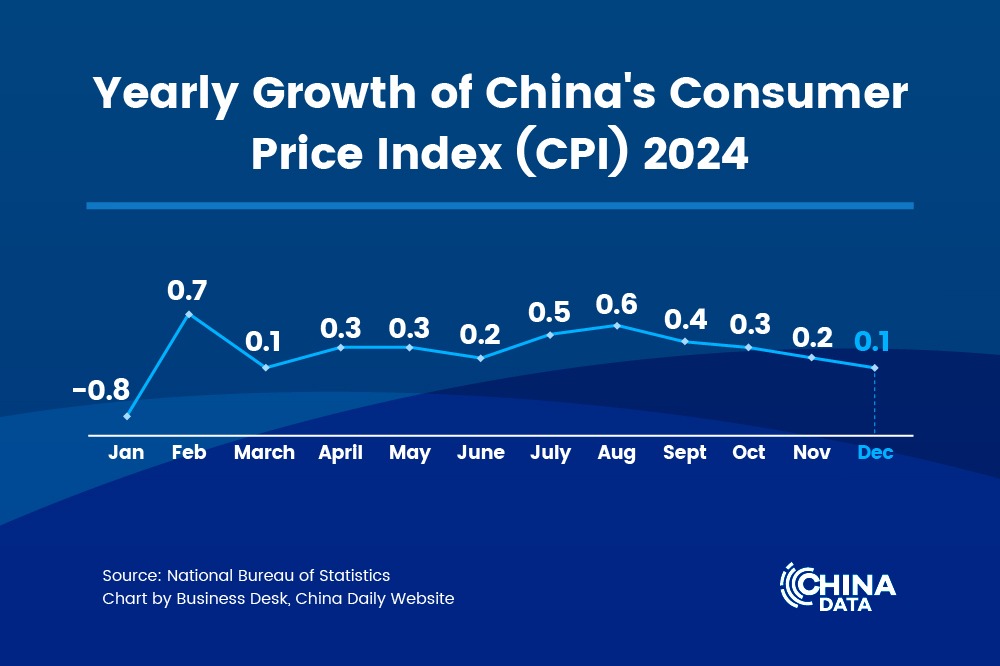European firms eye opportunities in Hubei
Central Chinese province vital growth driver for Yangtze River Economic Belt


WUHAN — "2024 Cherry Blossom Viewing: Business Cooperation & Fortune Global 500 Dialogue with Hubei" hosted a series of activities in late March in Wuhan, Hubei province, with an eye on international cooperation between European enterprises and the central Chinese province.
More than 600 attendees, including diplomatic envoys, representatives of domestic and overseas governmental agencies and international economic organizations — as well as executives of Fortune Global 500 enterprises and well-known firms — took part in discussions on deepening investment in the Chinese market, promoting green and open development, and enhancing supply chain efficiency.
Hubei is a vital growth driver for the development of the Yangtze River Economic Belt. It has great market vitality and serves as the financial and technological center of Central China. Over the years, the province has been working closely with European countries to facilitate the expansion and enhancement of bilateral trade and investment.
According to the provincial department of commerce, Hubei's total foreign trade volume with Europe stood at 124.12 billion yuan ($17.15 billion) in 2023, up 28.3 percent year-on-year.
About 700 European firms have invested in Hubei, including 74 Fortune Global 500 firms. Hubei's Ezhou Huahu Airport has successfully launched international freight routes to countries such as Belgium and Germany, and China-Europe freight trains now serve 109 cities in 40 countries across Eurasia, with over 1,000 train trips operated last year.
"We've been deeply involved over 40 years in the Chinese market, and we are one of China's largest foreign investors in electricity generation with nuclear power," said Fabrice Fourcade, chairman and CEO of EDF (China) Holding Ltd, at a celebration of the 10th anniversary of an agreement to build the Sino-French Wuhan Ecological Demonstration City.
On the occasion of the 60th anniversary of the establishment of diplomatic relations between France and China, EDF is happy and ready to continue deepening cooperation with Hubei for a successful energy transition, Fourcade said.
The event also showcased promising prospects for Sino-German cooperation in fields such as green development and rail transportation. Since Wuhan Sino-German International Industrial Park was built more than four years ago, it has attracted 58 foreign-funded enterprises.
Germany-based Knorr-Bremse Group established ties with Hubei over 10 years ago, exploring cooperation in the commercial vehicle sector, and it has since participated extensively in the construction of multiple rail transit projects in Wuhan.
By the end of 2023, Knorr-Bremse had contributed to the design of nearly 380 kilometers of rail lines in Hubei, designed 12 subway and tram lines, and provided safe and reliable daily travel services for millions of Hubei residents, said Eric Bi, president and member of the Knorr-Bremse RVS China Board.
Knorr-Bremse will continue increasing its investment in research and development and local capacity-building for key technologies such as braking systems, and will build an innovative system based on local supply chains, Bi said.
Hubei is now consolidating its green and high-quality development momentum. Since 2016, the province has implemented more than 28,000 major technological transformation projects, with energy consumption per unit of GDP decreasing by 20.2 percent, construction land use by 23 percent and carbon emissions by 23.9 percent.
China and Europe are each other's major partners in investment and trade, said Ning Jizhe, vice-chairman of the China Center for International Economic Exchanges. A long-term, favorable future for China-Europe relations relies on the new achievements of complementary and mutually beneficial economic and trade cooperation, Ning said.
Xinhua




































